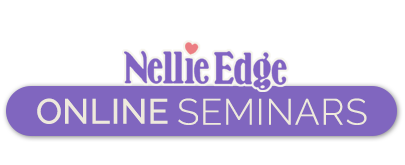Home › Forums › Online Seminar Discussion › use of erasers and crossing out words › Reply To: use of erasers and crossing out words
How do I feel about kindergarten children erasing?
Thank you for a very important question. I have been teaching kindergarten Writing Workshop, reading the literature, observing and studying models of excellence for over three decades. What we have learned is that young writers need to take risks and be encouraged to use their developing kid writing in order to truly become confident and prolific writers by the end of the year. Children must be honored for what they can do as writers. We often remind them, “Your pictures and words tell a story!” Within a Writing Workshop model, our students know that we do not expect kindergarten writers to write like adult writers…and that is why we do not ask children to erase. We expect our growing writers to stay focused on their ideas, remember how to spell a growing number of “heart words,” work hard, and write a lot every day.
Kindergarten writers need to know there are two kinds of words: words they are expected to know “by heart” (and spell conventionally with good handwriting!) and words they listen and stretch out the sounds for, using their own developing phonics-based spelling. I hope this is made clear in Seminar #3. Daily quick writes of “heart word” sentences is powerful at building writing muscles the beginning of the year. When children are already fluent with many sentences, they have the mental energy to fearlessly tackle unknown words! We wish you could see the amazing end-of-year stories and published books our kinders are producing!
This topic really deserves a lot more time than I can give it right now as we are finishing up our new website this month. Please know I will address our expanded Writing Workshop in greater depth as a “Weekly Focus” topic, complete with photos, later this summer. (Make sure you’re signed up to receive our new “Weekly Focus” which is replacing our monthly newsletter.)
Thank you for taking the time to thoughtfully dialog with your colleagues. We grow professionally as we think about how our instructional choices affect young learners.
